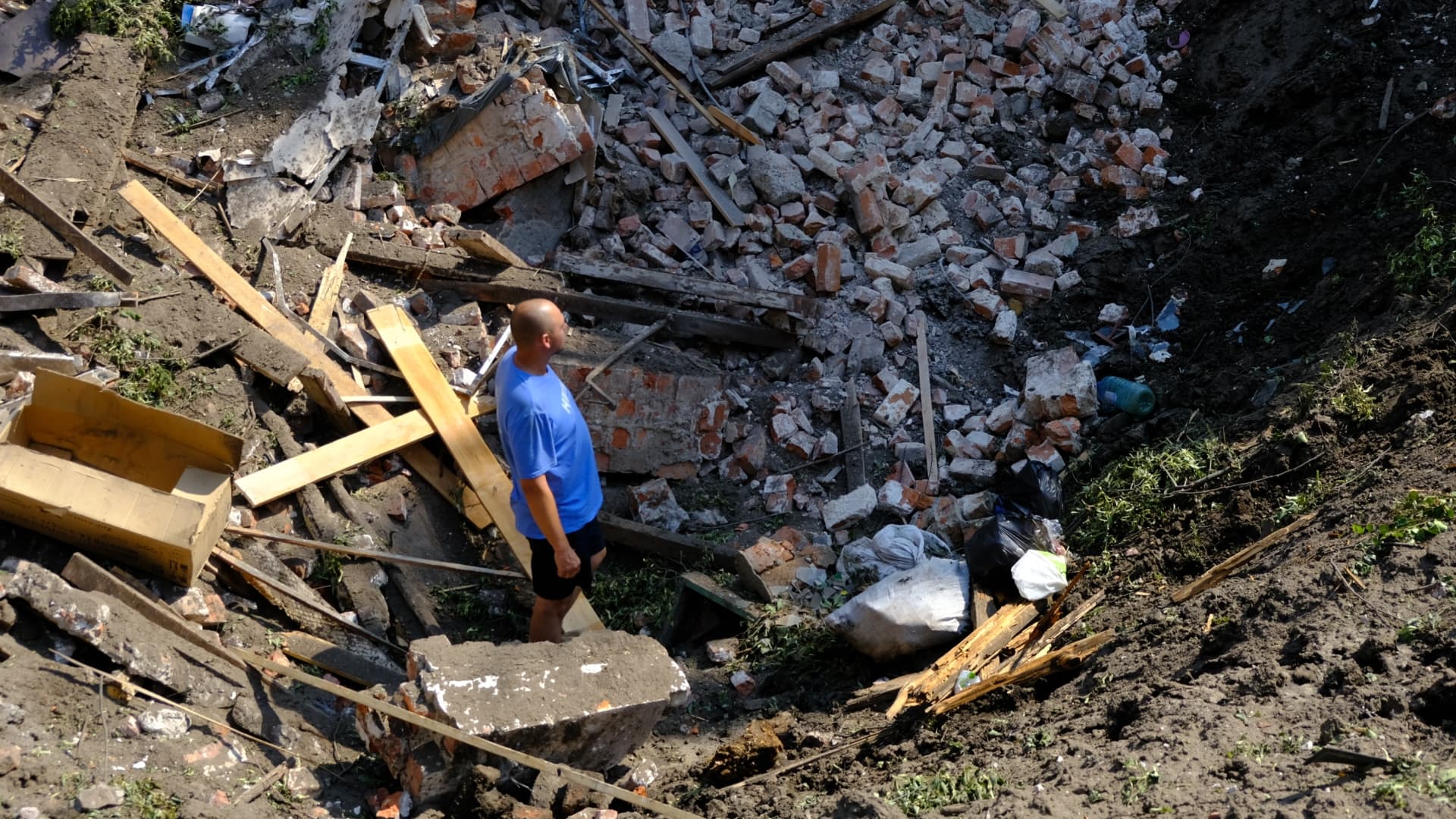Court Allows Guantanamo Detainees To Sue Washington
Hailed by rights groups and families as a blow to the administration of George W. Bush, the ruling also coupled with a separate verdict that a US citizen should get a fair opportunity to rebut the government’s case for detaining him/her, Reuters news agency reported.
By a6 – 3vote, the justices ruled that American courts do have jurisdiction to consider challenges to the legality of the detention of foreign nationals captured abroad in connection with hostilities and incarcerated at Guantanamo Bay.
They overturned a US court ruling that dismissed the lawsuits on the grounds that the military base was outside US sovereign territory and that writs of habeas corpus were unavailable to foreign nationals outside US territory.
There are about 600 inmates at Guantanamo Bay, most of them have been held for more than two years without access to lawyers or charges pressed against them.
Most of the detainees were captured in Afghanistan while American troops were fighting the Taliban forces there.
Amnesty International condemned in May last year the US breaches of international law in Guantanamo under the cloak of its so-called global war on terror.
The New York-based Human Rights Watch had further said that Bush must promptly investigate and address charges of torture of suspected the Guantanamo detainees or risk criminal prosecution.
Lawyers Seek Access
Lawyers for the detainees said they would use the new ruling to seek access to their clients.
"Now we have ability to seek immediate access to our clients," said Barbara Olshansky, deputy director of the Center for Constitutional Rights (CCR) which led the action that yielded the dramatic new rulings.
She told a news conference that the CCR already represented 10 detainees and was in contact with the families of about 50 more, reported Agence France-Presse (AFP).
"These people have been incarcerated without charges for two years, some in horrific conditions," said Olshansky.
"We will be asking about the mental and physical state of our clients and asking to meet them," added Joe Margulies, a CCR lawyer.
"It is now incumbent upon the United States to demonstrate on an individual basis, through a fair process, that they have a right to detain these people. They have to come forward with evidence," he stressed.
Stephen Jakobi, of the legal pressure group Fair Trials Abroad, which has advised families of several detainees, said the ruling was "tremendous news".
"What the international community could not accomplish, the United States has itself accomplished: to bring the United States within the province of fair trials," he told Reuters.
"What’s going to happen now, surely, is that the Bush government is going to slowly lose all sorts of cases as the lower courts work out the implications of these decisions. And people are going to be set free," he said.
End Of Guantanamo
Two of the freed British detainees, whose lawyers had initially helped bring the challenge before the US Supreme Court, said they hoped "this decision marks the beginning of the end of Guantanamo Bay and all it stands for".
Asif Iqbal and Shafiq Rasul have also called for detainees to be told of the new rights, warning that it was unlikely prisoners would be ever told.
"We are sure that not one of the hundreds of prisoners held unlawfully at Guantanamo Bay will be told of today’s decision by the Supreme Court," Shafiq said in a joint statement carried by Reuters.
"For the whole of the 26 months we were detained there, we were told, when we asked what were our rights, ‘You have no rights, this is Cuba’," the duo recalled.
"We ask that the US government give a public undertaking that each detainee will be told today that he has a right of access to US courts and can be provided with a lawyer to make that access a reality. We know that there are many detainees who already will have slipped over the precipice of despair."
The father of a Briton held in the US prison told BBC News Online he was pleased with the ruling.
"It was what we were expecting. Our feeling was always that we are right and the government is doing wrong," the father of Azmat Begg said.
"It’s against democracy, human rights and the process was not being done properly."
In January last year, Amnesty also demanded US to resolve the "legal limbo" of the detainees, slamming Washington’s continuing defiance of international law.
”Is this how the USA defends human rights and the rule of law? This legal limbo is a continuing violation of human rights standards which the international community must not ignore," the rights watchdog said.
Mohammad Sagheer, the first Pakistani released from Guantanamo, filed suit against the US government for $10. 4million in compensation for the "torture and humiliation" he faced in detention.



